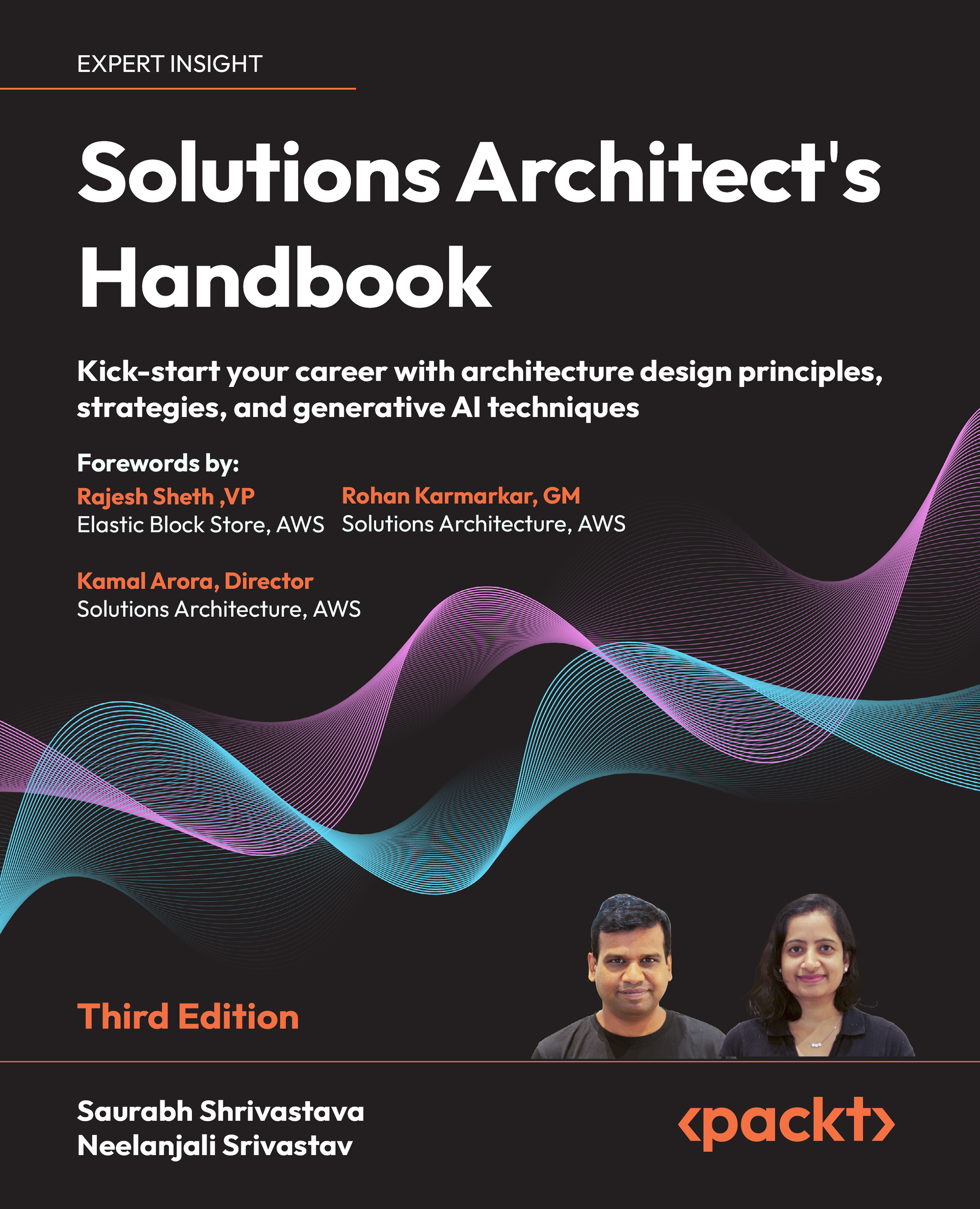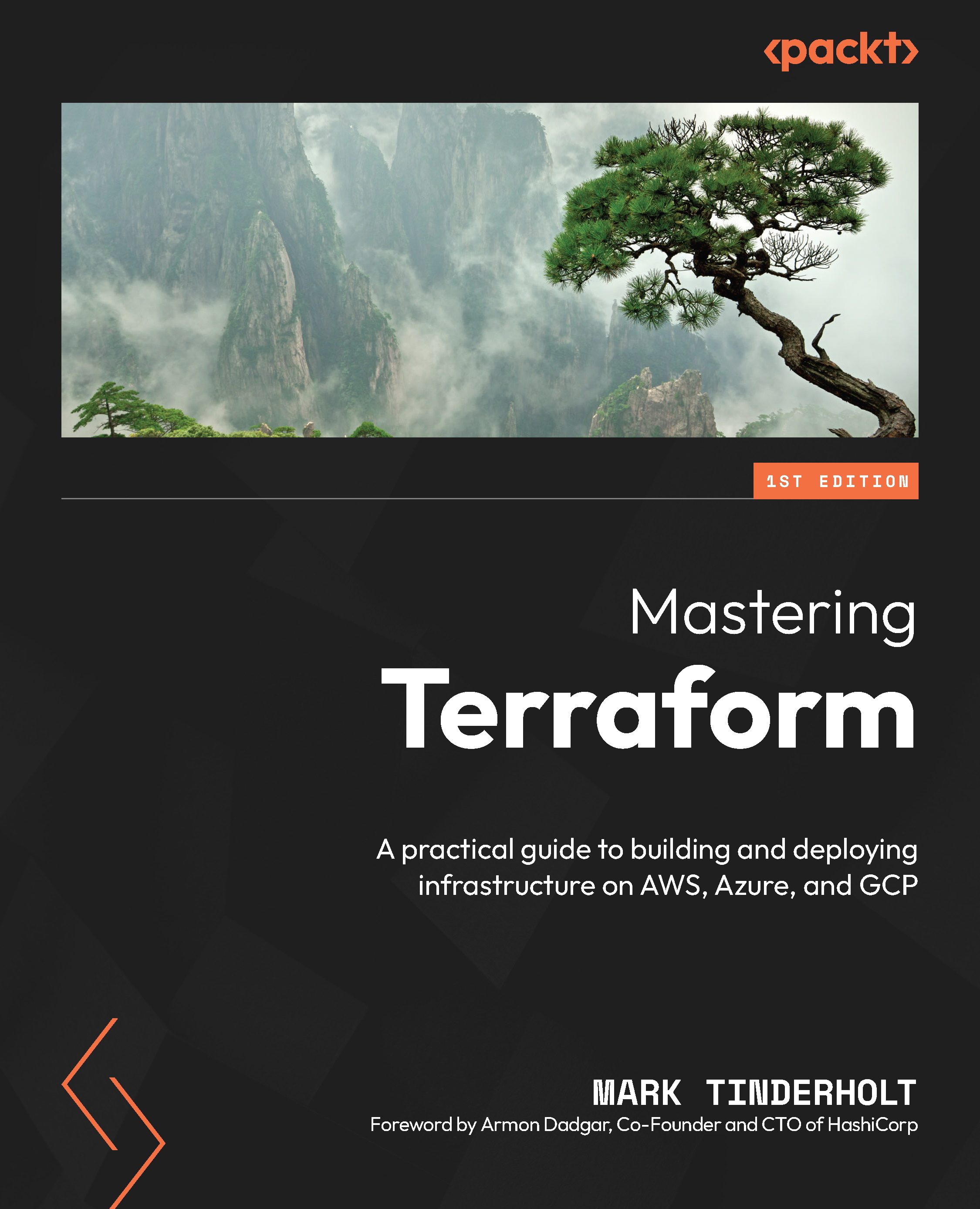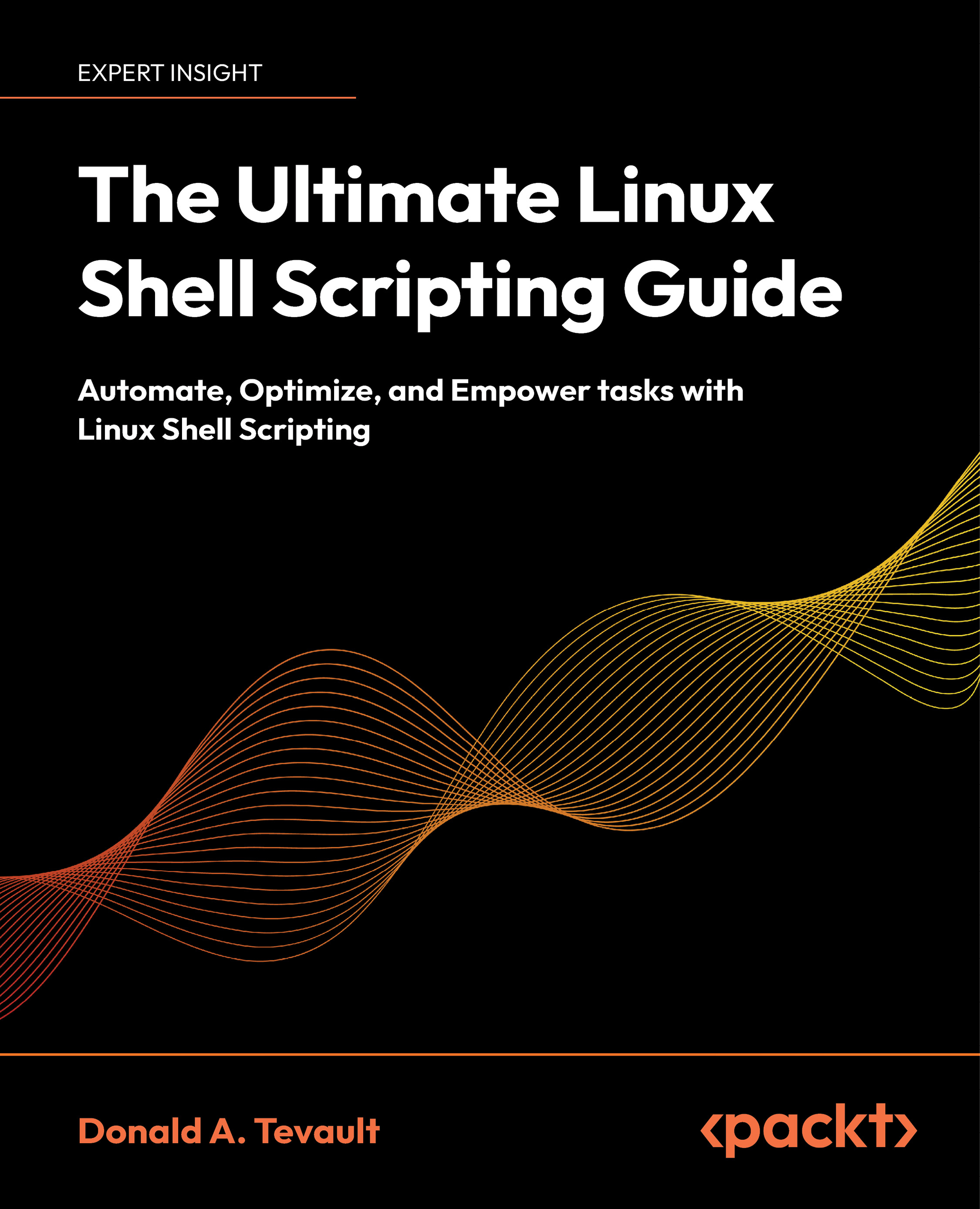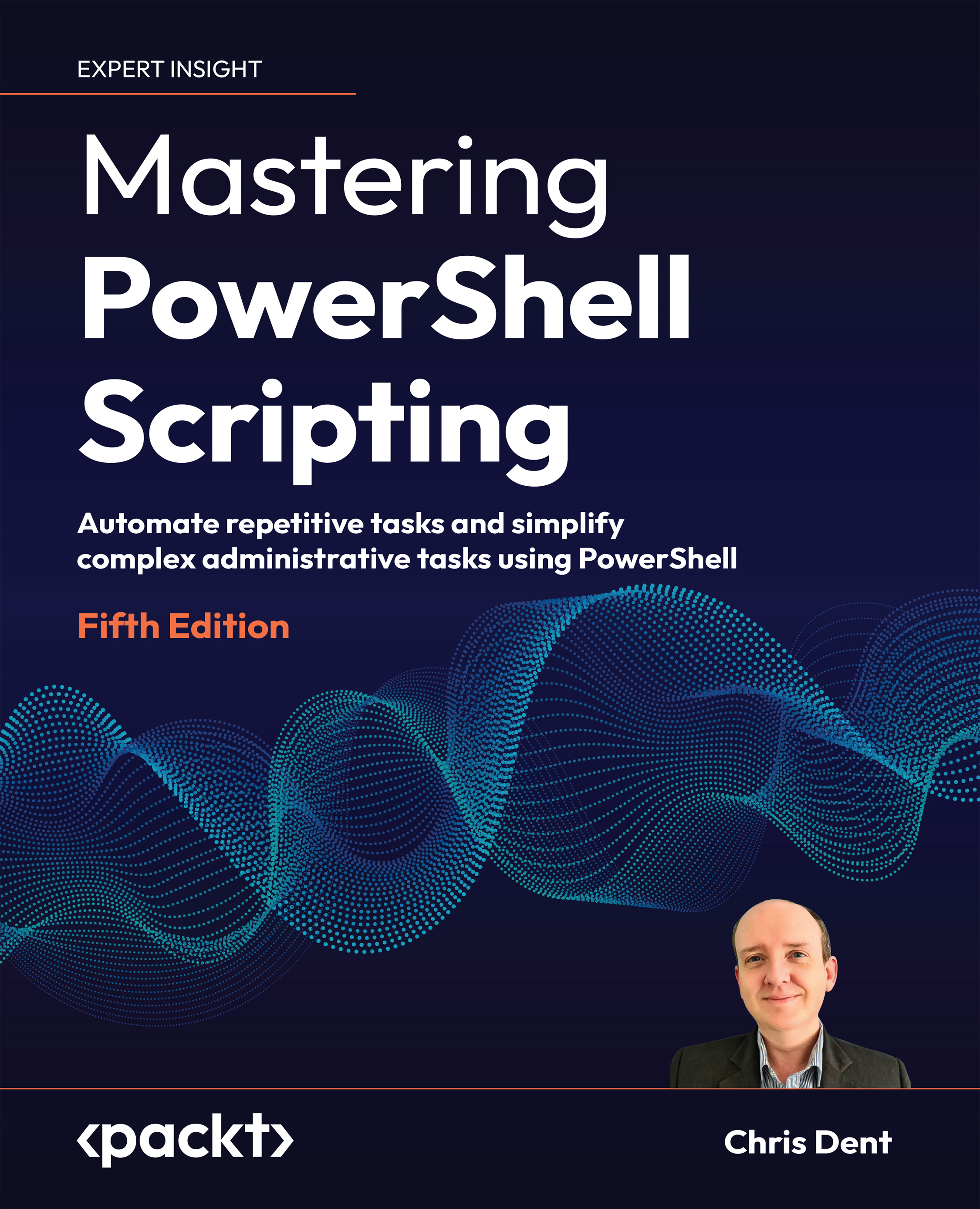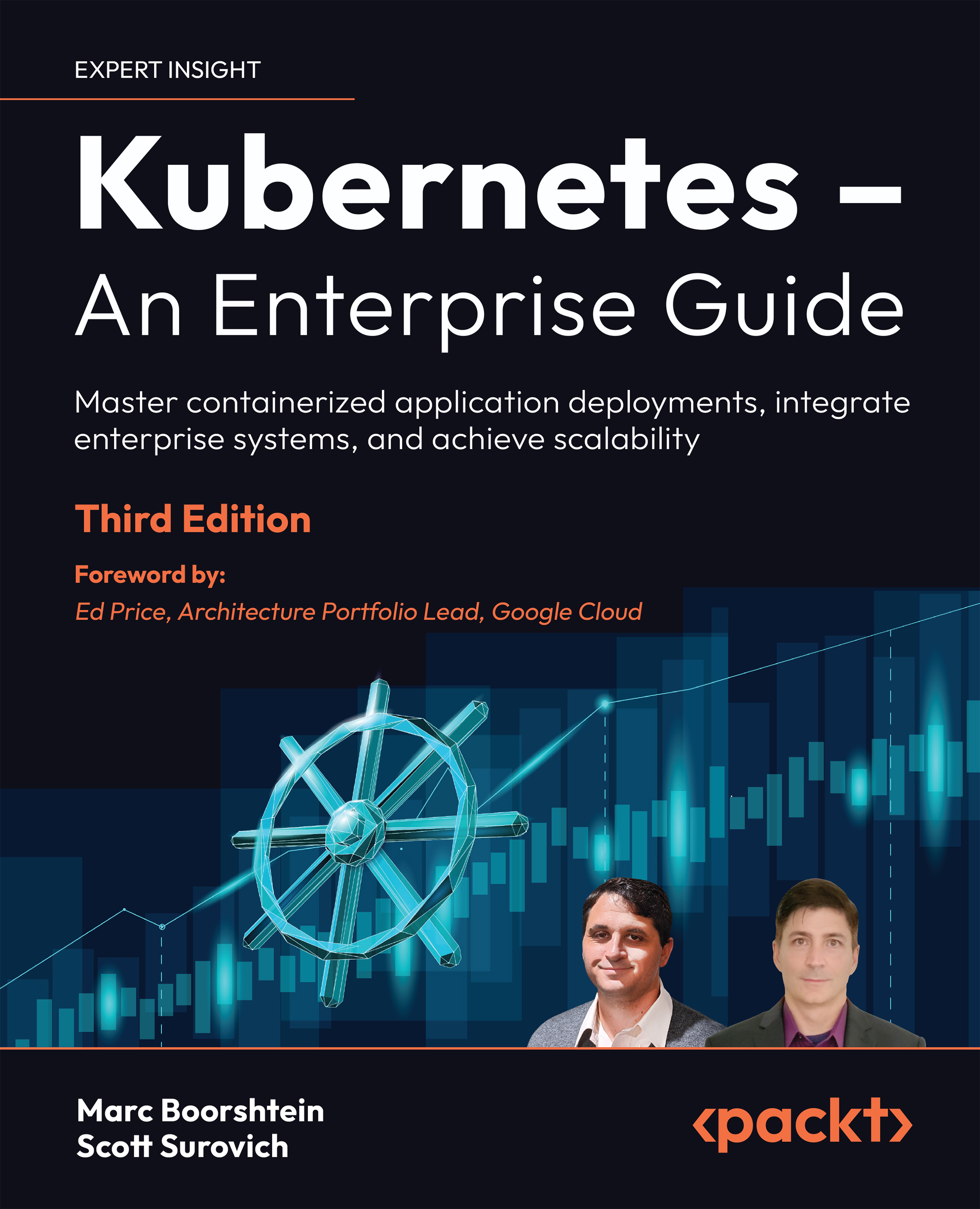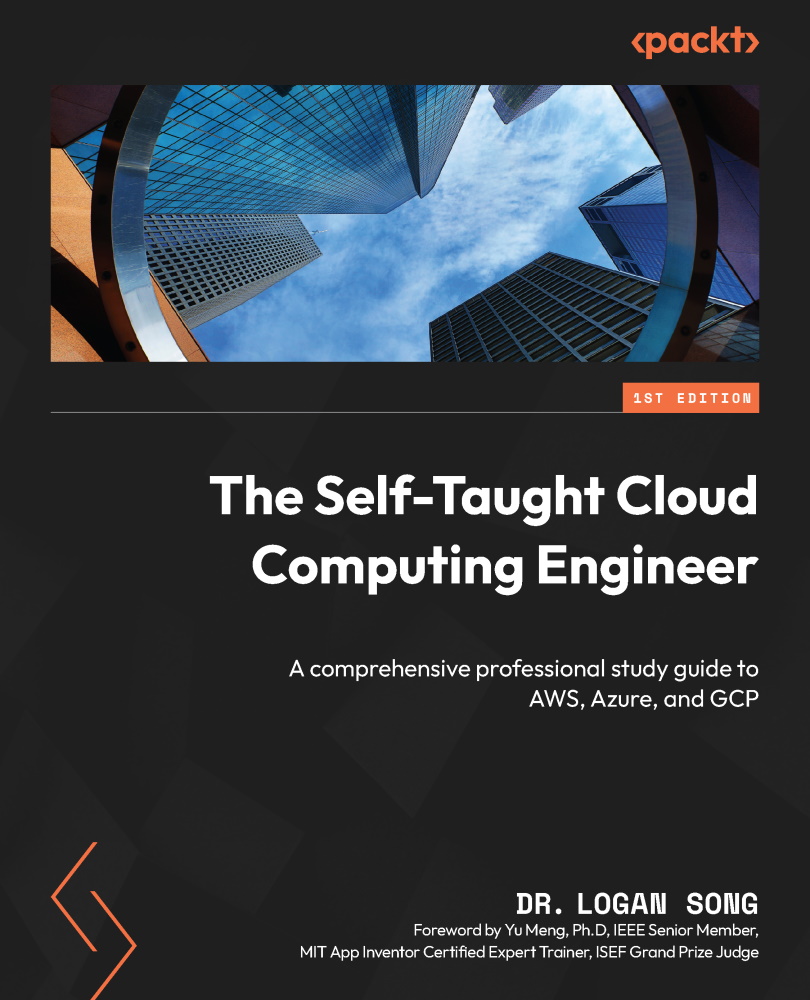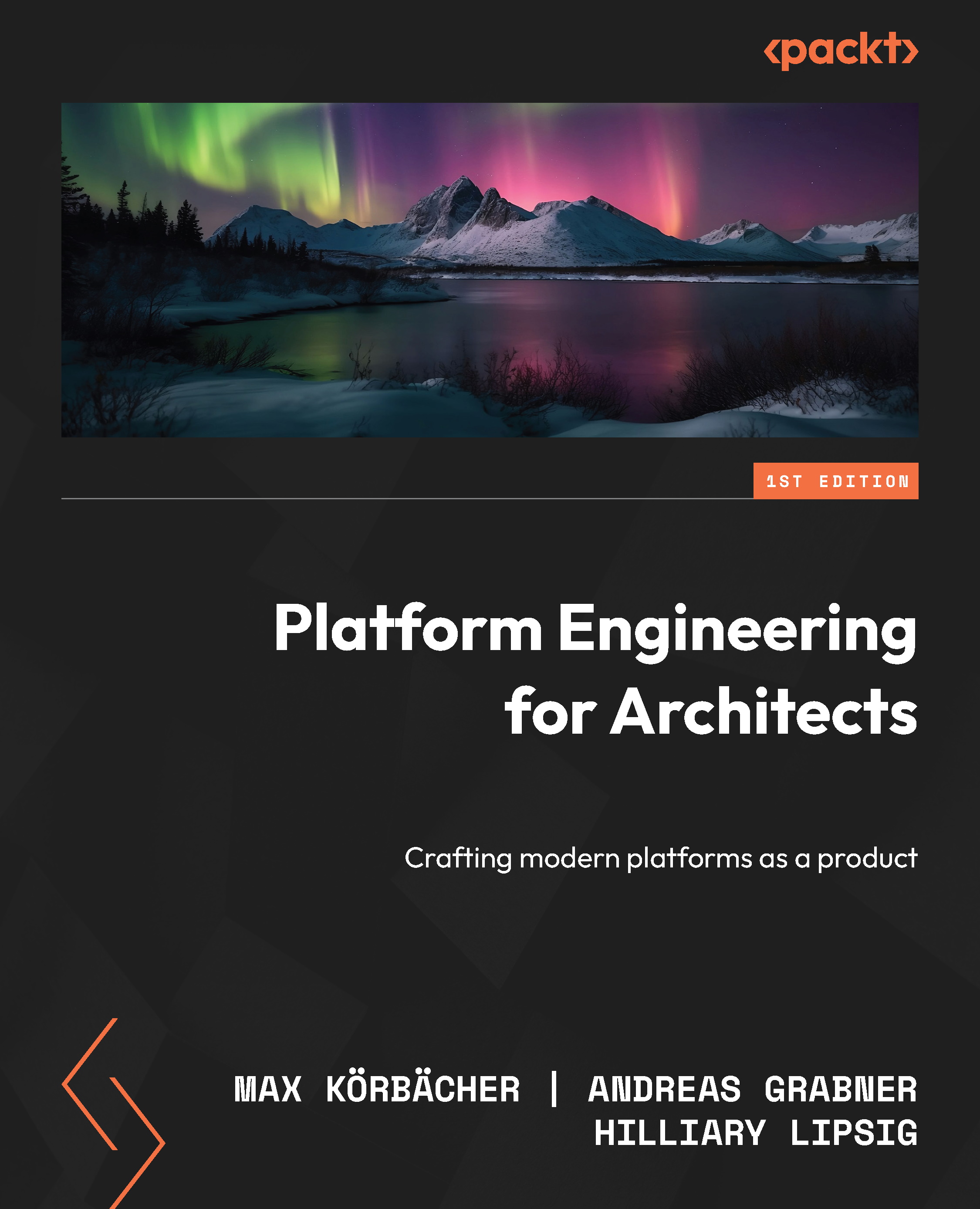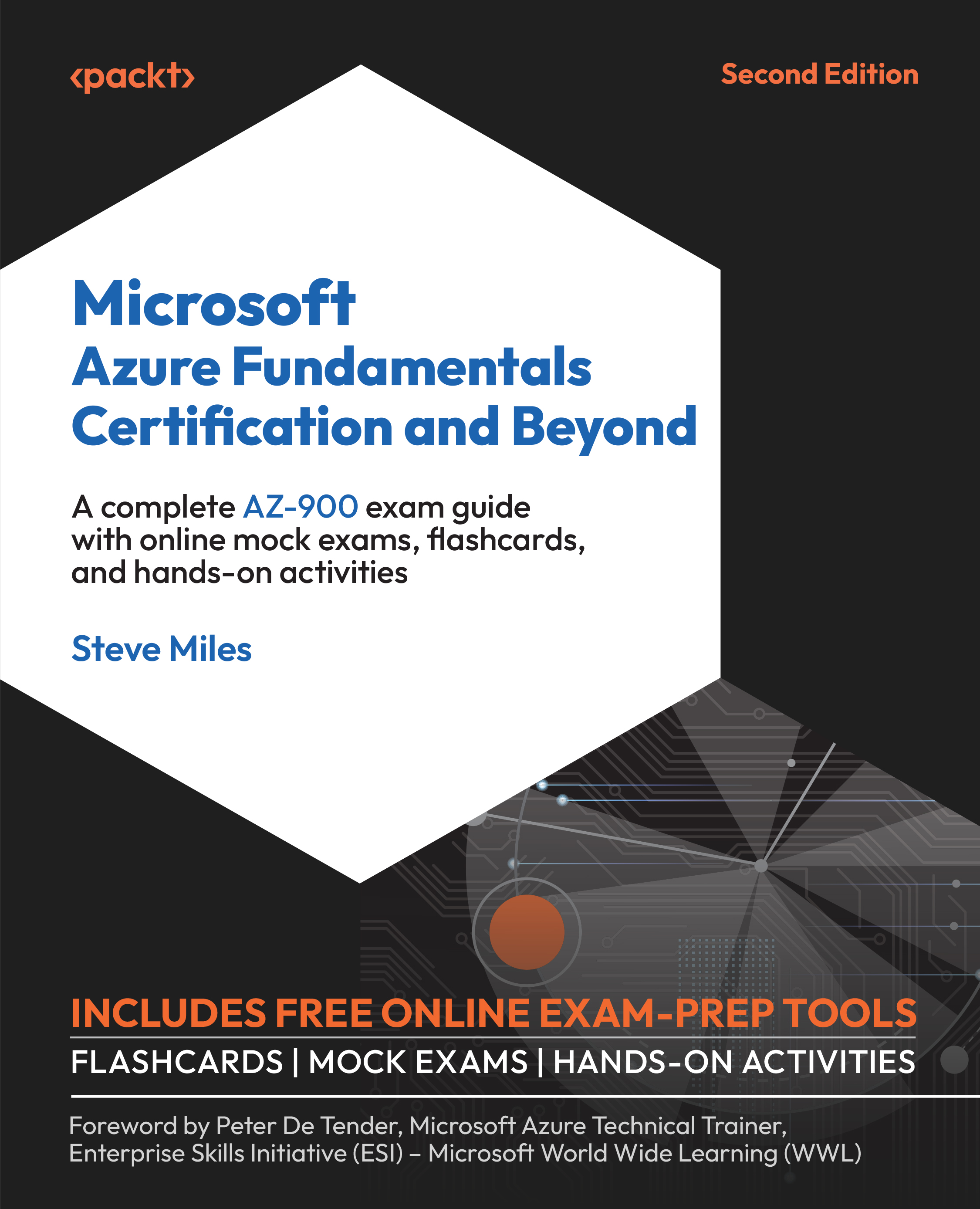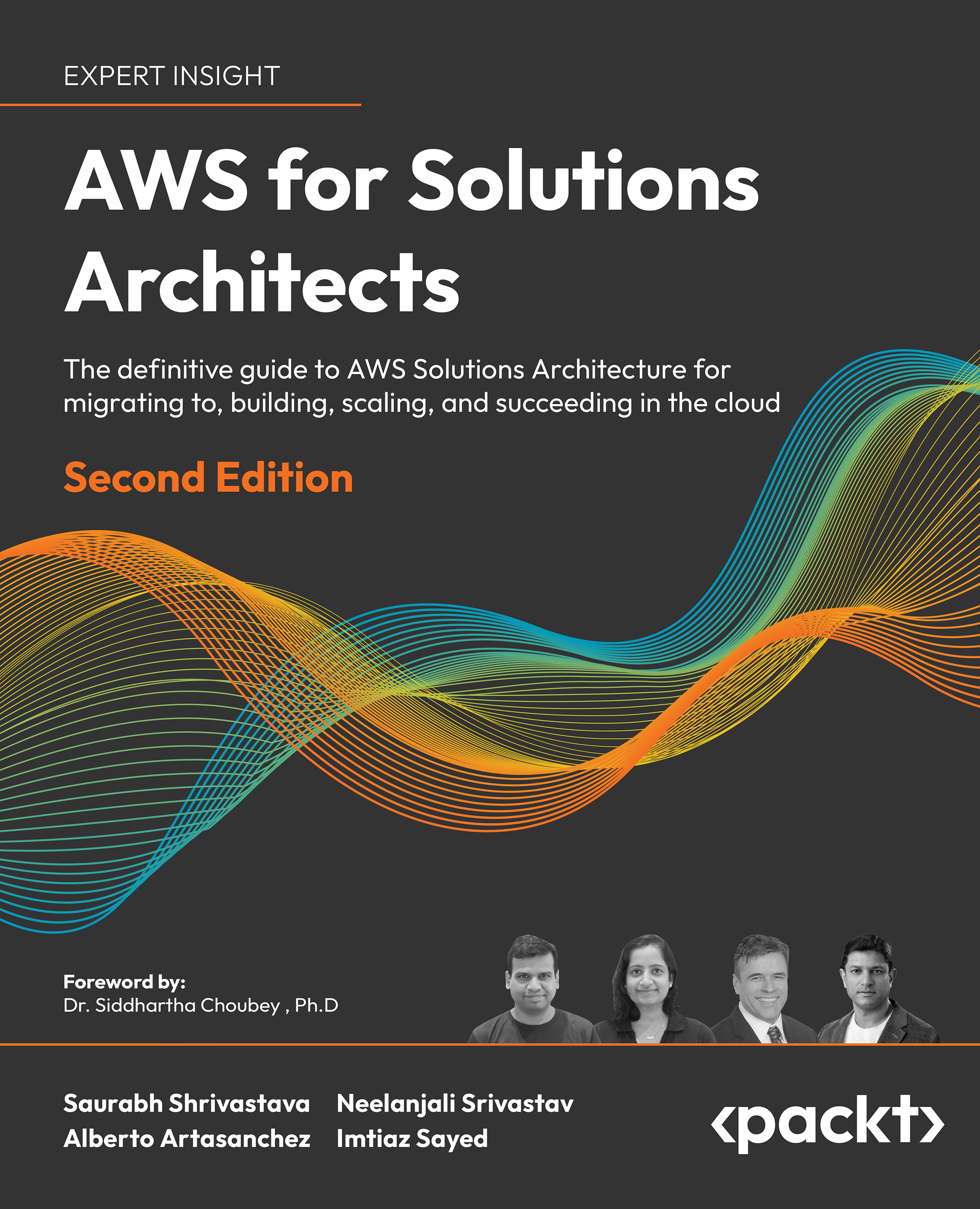When we hear the word serverless, the first thing that comes to mind is, oh, my code will magically run without any server!. In a way, this is right: the serverless approach is a process where we deploy the code into a cloud and it is executed automatically, without worrying about the underlying infrastructure, renting or buying servers, scaling, monitoring, or capacity planning. The service provider will take care of all these things. Also, you won't believe how cheap it is and how much easier it is to manage. Now, you are probably thinking, how is that possible?. To look at its workings in more detail, let's compare the serverless approach with something we do in our daily lives.
The serverless approach is a bit like dealing with our laundry. We all need to wash our clothes, and for this, we need to buy a washing machine. But the usage of this washing machine will be about 10 to 15 hours per week, and the rest of the time the washing machine will be idle. Interestingly, we buy servers to host our application, and most of the time, our servers are idle when waiting for requests and sit unused. We have piles of servers that are hardly managed or decommissioned. As they are not properly used or managed, resources, such as the power supply, capacity, storage, and memory, are wasted.
Also, while doing the laundry, the washing machine will allow only a certain load and volume. The same applies to servers: They too allow only a certain volume and load. The more the load or traffic, the slower the processing will be, or it may stop completely. Now, to take care of our extra load, we might decide to buy a bigger washing machine, which will allow a bigger volume of laundry and support a larger load. But again, this high-end machine will take the same resources if we have to wash a huge pile of clothes or just one piece of clothing, which is wasteful. The same is the case in our server analogy. When catering for higher traffic or requests, we could buy a high-end server. But we will end up using the same resources for 10 requests a day as we would for 10,000 requests, even with a high-end server.
Also, to use the washing machine, we have to separate our clothes before washing, select the program, and add the detergent and softener, and if these elements are not handled properly, we might ruin our clothes. Similarly, when using a server, we have to make sure we install the right software—as well as the right version of the software—make sure that it is secure enough, and always monitor whether the services are running.
Also, if you are renting an apartment, then you might not have a washing machine, or perhaps you might find launderettes to be cheaper when you wash you laundry in bulk, and also less worrisome. So launderettes or coin-operated laundry machines can be rented whenever you need to wash your clothes. Likewise, many companies, such as AWS, Azure, or Google, started by renting their servers. So we too can rent a server, and the provider will take care of the storage, memory, power, and basic setup.
Say that we've decided that a coin-operated washing machine at the local launderette is our best option. Now we just put the coin in and wash our clothes, but we still need to make sure we add detergent and fabric softener, and set the right program, otherwise we will end up ruining our clothes. Likewise, when we rent a server on the cloud, we might not bother dealing with the power, storage, and memory. But we still need to install the required software, monitor the application service, and upgrade the software version from time to time, as well as monitor the performance of the application.
Say that I found a new launderette, one that has a delivery service and that would charge me per item of clothing, so I can send clothes in bulk or one piece at a time. They will wash and iron my clothes too. Now, I don't need to worry about which detergent or comforter to use, or what cleaning program to use, and I also don't need to own an iron. But in the case of the world of information technology, companies are still using the rental coin laundry system. They still lease servers and manage them through Platform as a Service (PaaS), still manage application downtime, upgrade the software version, and monitor services.
But this can all be changed by adopting a serverless approach. Serverless computing will automatically provision and configure the server and then execute the code. As the traffic rises, it will scale automatically, apply the required resources, and scale down once the traffic eases down.
 United States
United States
 Great Britain
Great Britain
 India
India
 Germany
Germany
 France
France
 Canada
Canada
 Russia
Russia
 Spain
Spain
 Brazil
Brazil
 Australia
Australia
 Singapore
Singapore
 Hungary
Hungary
 Ukraine
Ukraine
 Luxembourg
Luxembourg
 Estonia
Estonia
 Lithuania
Lithuania
 South Korea
South Korea
 Turkey
Turkey
 Switzerland
Switzerland
 Colombia
Colombia
 Taiwan
Taiwan
 Chile
Chile
 Norway
Norway
 Ecuador
Ecuador
 Indonesia
Indonesia
 New Zealand
New Zealand
 Cyprus
Cyprus
 Denmark
Denmark
 Finland
Finland
 Poland
Poland
 Malta
Malta
 Czechia
Czechia
 Austria
Austria
 Sweden
Sweden
 Italy
Italy
 Egypt
Egypt
 Belgium
Belgium
 Portugal
Portugal
 Slovenia
Slovenia
 Ireland
Ireland
 Romania
Romania
 Greece
Greece
 Argentina
Argentina
 Netherlands
Netherlands
 Bulgaria
Bulgaria
 Latvia
Latvia
 South Africa
South Africa
 Malaysia
Malaysia
 Japan
Japan
 Slovakia
Slovakia
 Philippines
Philippines
 Mexico
Mexico
 Thailand
Thailand



